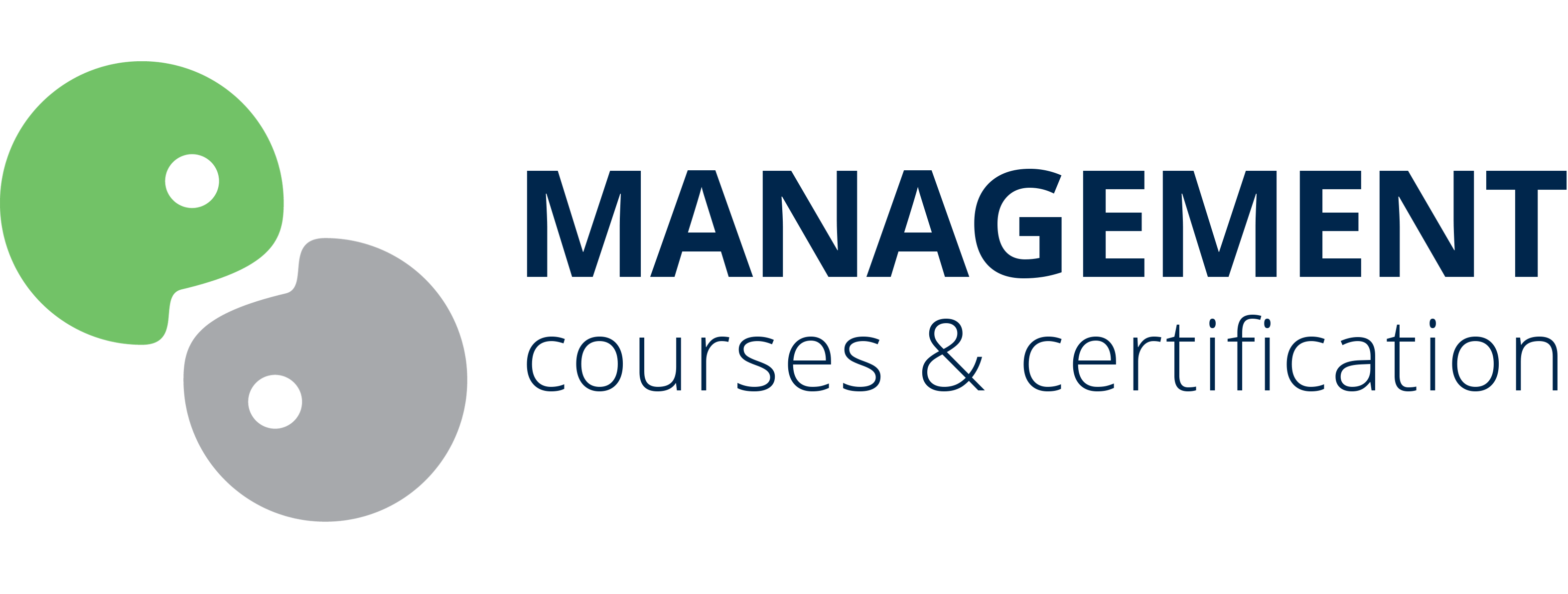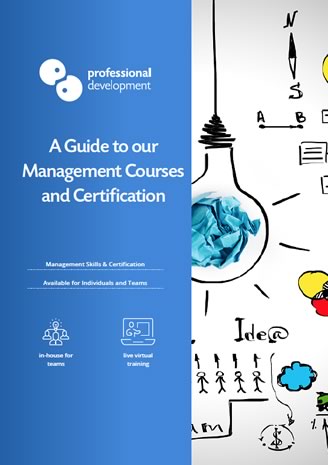Although every manager’s approach is unique, there are several management styles that are widely utilised across different sectors.
These styles can be considered as broad categories. For example, you probably won’t match one particular style precisely, but can identify with several of its traits.
You may even find that several different styles resonate with you and the way you work.
Let’s explore a few well-recognised management styles and evaluate how and why you should get clear about your own style.
Well-Known Management Styles
Here is an overview of some of the best-known management styles.
The following styles could be considered over-arching approaches, as you’ll find other styles nested under each approach.
-
Autocratic: also called “authoritarian”
Autocratic is probably the most traditional of all styles. This approach dictates a rigid management structure, where a key decision maker or team of decision makers call the shots.
It is very beneficial for organisations where decisions must be made quickly, or a situation where decisions are being made in a very sensitive or highly regulated area.
-
Democratic: also called “participative”
Democratic management is very widely utilised.
It’s a more participative approach to decision-making, where team members can offer suggestions and contribute to the decision-making process.
Decisions are ultimately made by management, but with the team contributions taken into consideration.
-
Laissez-Faire: also called “free rein”
In recent years, the laissez-fair approach has grown significantly in popularity.
As “free rein” might suggest, this style of management requires very little day-to-day input from managers.
Team members take ownership of their daily task management and priorities.
This works very well in a remote working situation, where workers need to be able to “self-manage” a little more by necessity.
Understanding Your Own Style
You may naturally gravitate towards one style or another, or have a style that’s a little of all three.
Either way, it’s so valuable to evaluate your own style and discover both its strengths and weaknesses.
That’s why the first module on both our Management Skills and QQI People Management courses is dedicated to management styles.
Once you understand your own approach, you can begin to bridge any gaps and optimise your existing strengths.
Learn more about Management Skills Training
What can Affect Your Style?
Your management style can also be impacted by a number of factors:
- Your Industry
- Your Working Environment
- The Economic Climate
- The People You Manage
Of these factors, your working environment probably has the most impact.
If you’re working in an organisation that has a culture of an authoritarian approach to management, it can be difficult, or even inappropriate to take a laissez-faire approach with your team.
However, if your strengths lie in a different approach to that of your workplace culture, there are still ways to utilise those strengths.
Rather than thinking of your strengths as failing under one or other management style banner, evaluate how they could be implemented as a positive element within the organisation’s management culture.
Are Management Styles Important?
Yes, management styles are very important. They function as a guiding principle for how you manage your team or teams. They are vital tools for ongoing self-evaluation and your development as a manager.
We do, however, feel that they should not be rigid or overly prescriptive. If you feel a situation could be best handled with a method outside your usual approach, you should feel free to implement that method.
As with all other areas of management skills and knowledge, understanding and a mindset of continuous improvement is key when it comes to management courses styles.


